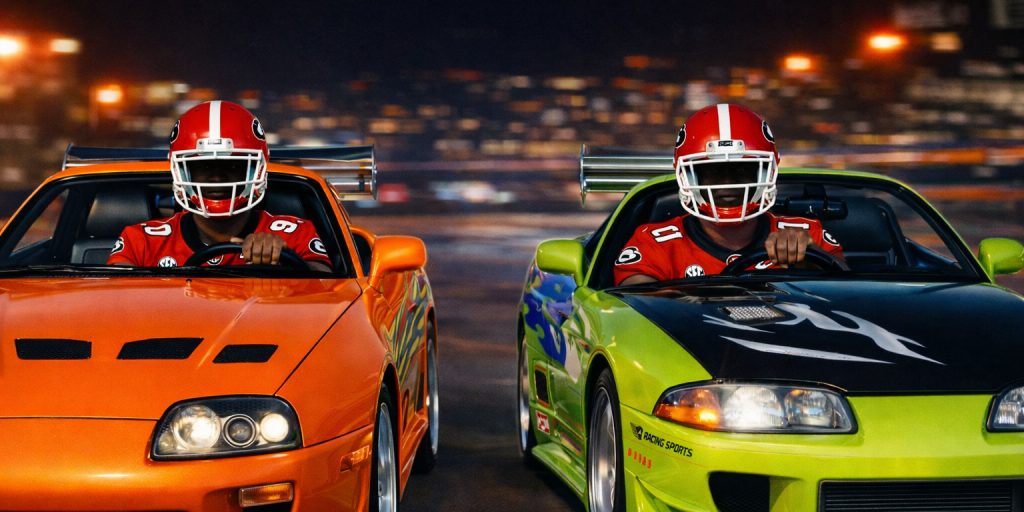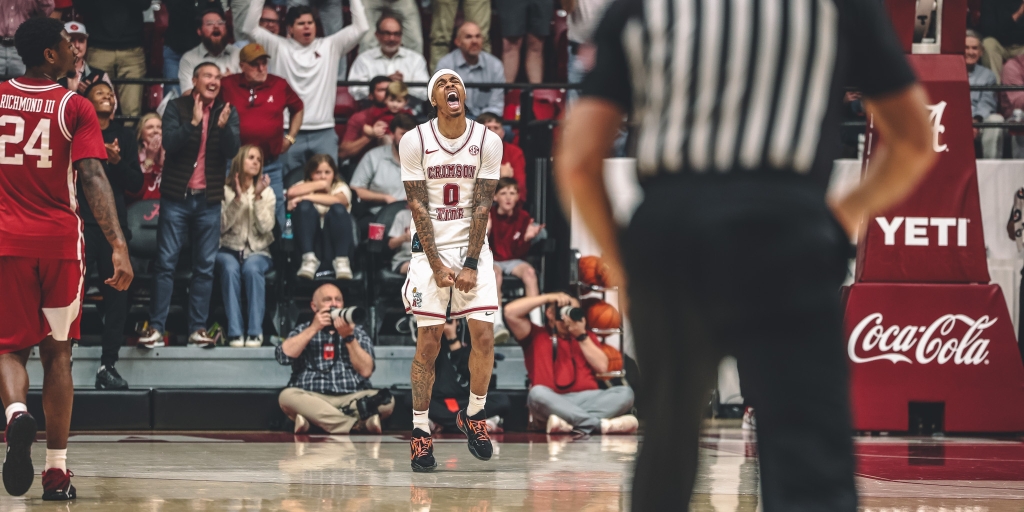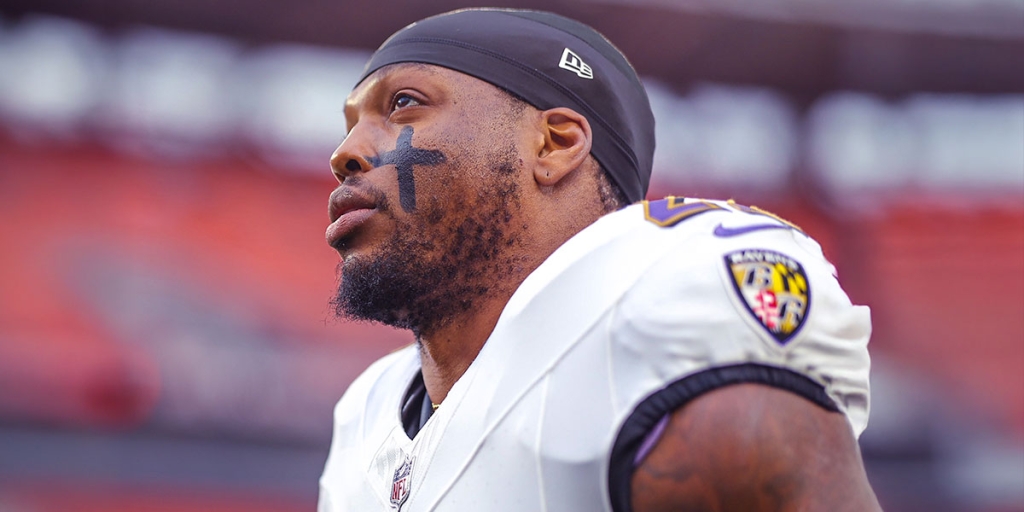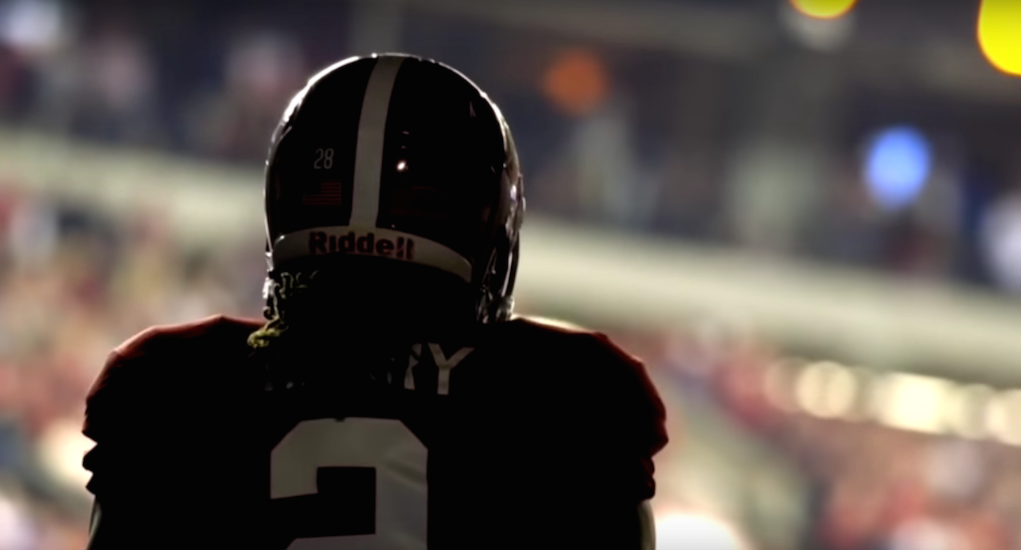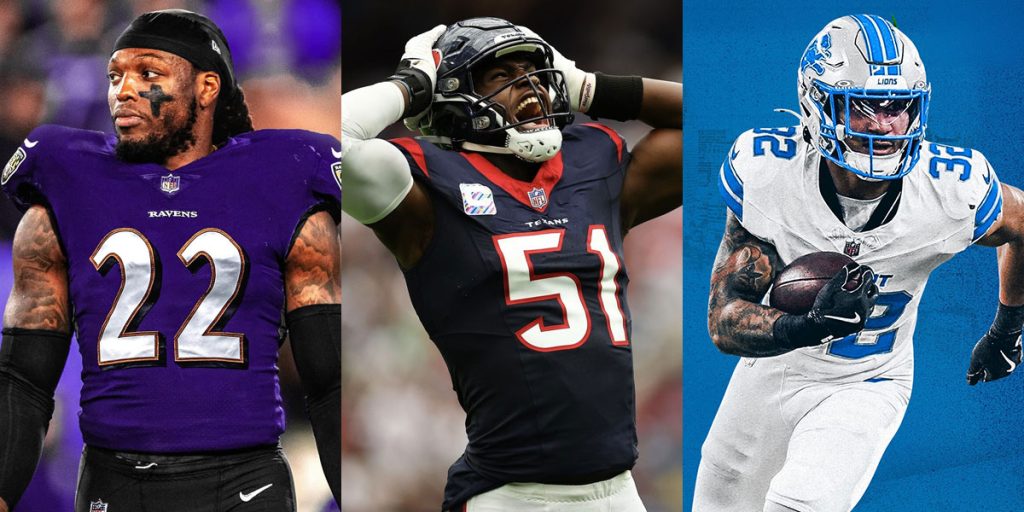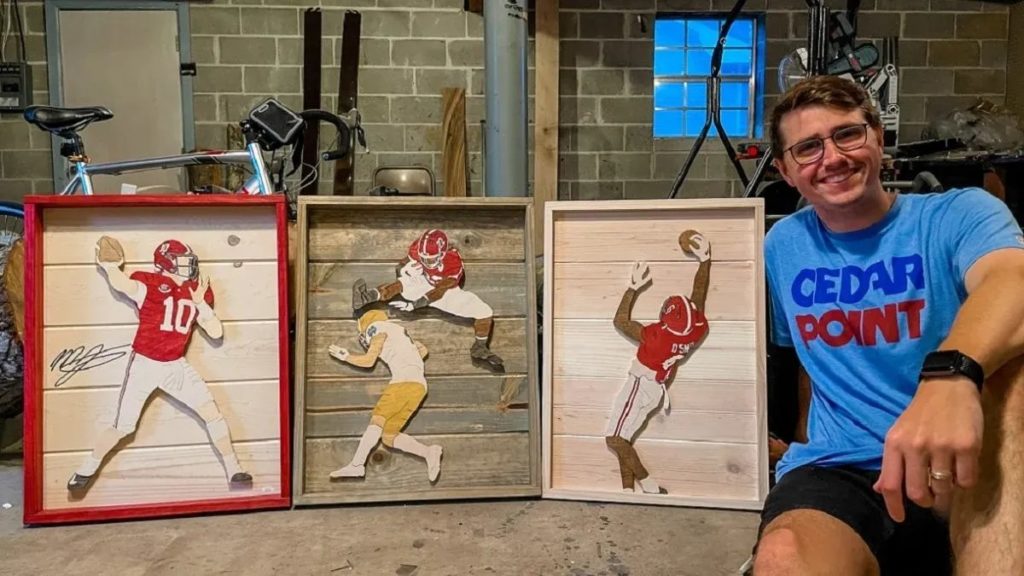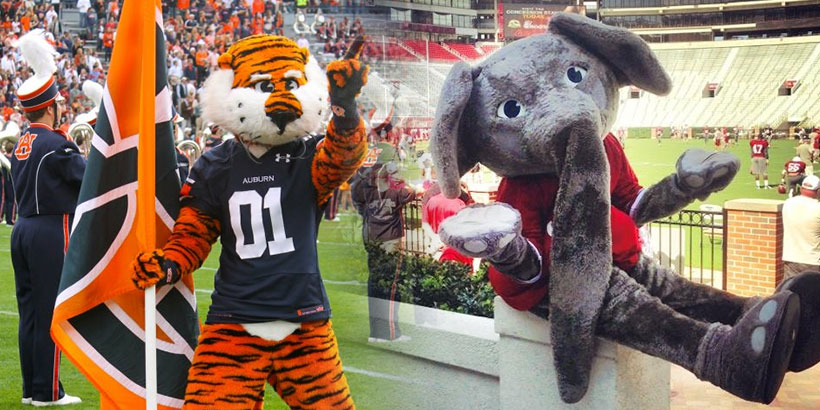
ATLANTA — Alabama came into its game against West Virginia with plenty of questions marks. Saturday evening in the Georgia Dome answered many of them, but it’s the first game and first games can only present so much.
“What you find out in the first game is where you are,” Alabama head coach Nick Saban said. “I like our team’s attitude. I like the way they work, the competitive character that they have. More guys have bought into doing things the way they need to do them, I think, to be successful.”
With Alabama football comes overreactions, which will be thrown around without regard, but in Alabama’s 33-23 win over West Virginia, we did learn some things about this team. The remaining ones will have to play themselves out in the coming weeks.
Other than the fact that Saban was less than thrilled to receive a faux leather football helmet, here are three takeaways from Alabama’s win over West Virginia:
Takeaway One:
Blake Sims is your starting quarterback, and that’s not a bad thing.
The hype around Jake Coker was loud all summer. Even I thought the Florida State transfer would get the start because of the urban legends of his arm and his size, but the predictable, sensible decision actually turned out to be the right one.
Yes, it’s only one game and he did make a few mistakes, but Sims was reliable today. He sidestepped in the pocket, made most of the throws asked of him, and kept plays alive with his feet — something AJ McCarron rarely did.
“I thought Blake settled down in the second half, managed the game a little bit better,” Saban said. “I was really pleased with the way that he was able to perform overall.”
Sims’ experience and connection with his teammates was evident. Wide receiver Amari Cooper especially benefitted from Sims at quarterback and Lane Kiffin calling plays, ending the game with 12 receptions for 130 yards. Not every throw was there, but this was not the Blake Sims of old. This was someone who worked during the offseason, expecting to start.
“[Coach Saban] told me to play with composure,” Sims said. “I told him, when it comes time, I’ll be ready.”
It was not all smooth sailing for Sims, though. During the second quarter, he began to get rattled, calling plays and formations wrong, and forced Alabama into using two timeouts. At that point Saban instructed Coker to start warming up, but the transfer QB never saw the field until late after Saban instructed Kiffin to change up the tempo.
“I said to Lane, ‘Hey, let’s just go no-huddle and it’ll make it a lot simpler for [Blake],’” Saban said. “When we did that, he sort of got it back together and then he was fine after that.”
The Alabama quarterback battle that we all talked about turned out to be simple speculation. Coker, with his left knee heavily taped, was finally plucked from the sideline to hand the ball off twice and end the game, or as we will now call it: The 2013 Blake Sims Role.
Unless something unexpected happens, it’s clearly Sims’ job to lose. Oh, and it also helps when his receivers catch the ball.
Takeaway Two:
Kiffin’s offense came ready to play.
Alabama burned Doug Nussmeier’s play pamphlet in a raging inferno during the offseason, and called in the coolest, sunglasses-est offensive coordinator around to come reinvigorate its offense.
Kiffin’s first try at calling plays for the Crimson Tide resulted in 33 points, but more importantly, 538 yards on 82 plays. Sims looked comfortable, running back Derrick Henry rushed 17 times for 113 yards and a touchdown, averaging 6.6 yards per carry, while fellow rusher T.J. Yeldon finished with 23 rushes for 132 yards, averaging 5.5 yards per carry.
Saban was very pleased with his new offensive coordinator, and emphatically said so after the game.
“You know, the guy is a really good coach now, aight. Y’all need to fess up to that,” Saban said. “Most places that don’t like him is because he left and they were mad because he left. They weren’t mad about anything he did while he was there. Just do a little research on that.”
Cooper, Henry and Yeldon all had 100-yard outings under Kiffin, with DeAndrew White — who left the game with a shoulder injury — and Christion Jones involved as well. The ball could’ve been spread around more evenly, involving Kenyan Drake a bit more, but all things said, it was a successful night for Alabama’s offense. One tweak could be to target O.J. Howard more. His only target was a forced throw into double-coverage resulting in Sims’ only interception.
But weaving no-huddle abilities into Alabama’s already successful pro style paid dividends tonight. That’s something Saban hopes to see more often.
“One thing I found out about [no-huddle offenses] is because everybody else is a spread and no-huddle, people really have a tough time defending what we do because nobody does it,” Saban said. “It allows us to be more physical and it allows us to play more players.”
Takeaway Three:
So, we should probably talk about the defense.
Maybe Alabama hasn’t quite figured out hurry-up offenses yet, or maybe it’s just impossible to totally stop.
Either way, the Crimson Tide struggled again with West Virginia’s offense, allowing runs initially, but mostly getting beaten by passes.
“Not having a linebacker who ever played before that is out there playing against a fast-ball, no-huddle group that had to call the defenses and get the defenses lined up, I just thought there were a lot of critical positions that were going to get tested based on who we were playing and the quality of the team they had,” Saban said.
It’s an odd circumstance when Lane Kiffin’s offense outshines Nick Saban’s defense, but the offense had more experienced players, with a less complicated job.
As bad as it was, it could have been much worse had West Virginia’s wide receivers not repeatedly dropped passes. A high snap that went over Mountaineers QB Clint Trickett’s head also backed them out of the red zone on a critical possession. If WVU made some of those plays, I’m writing a different article.
But the major takeaway is the abysmal secondary play, especially from Bradley Sylve, who will not enjoy game tape sessions during the coming week. But safety Landon Collins accentuated the positives after the game, saying the team will only improve once its system is more ingrained.
“We just have to get familiar with the game plan and we just missed on some of personal packages, but we got the win, so that’s all that matters,” Collins said. “We had a game plan coming in and it didn’t quite work, but in the second half we settled down.”
Speaking of the second half, one key difference between this game and the 2013 Iron Bowl and Sugar Bowl was the Crimson Tide’s defense finished strong and came alive in the fourth quarter, refusing to wilt in the face of a potential comeback.
“When we saw our linebackers were starting to make plays in the backfield, we knew we had them,” Collins said.
Follow Jonathan on Twitter @Jonathan_Biles




